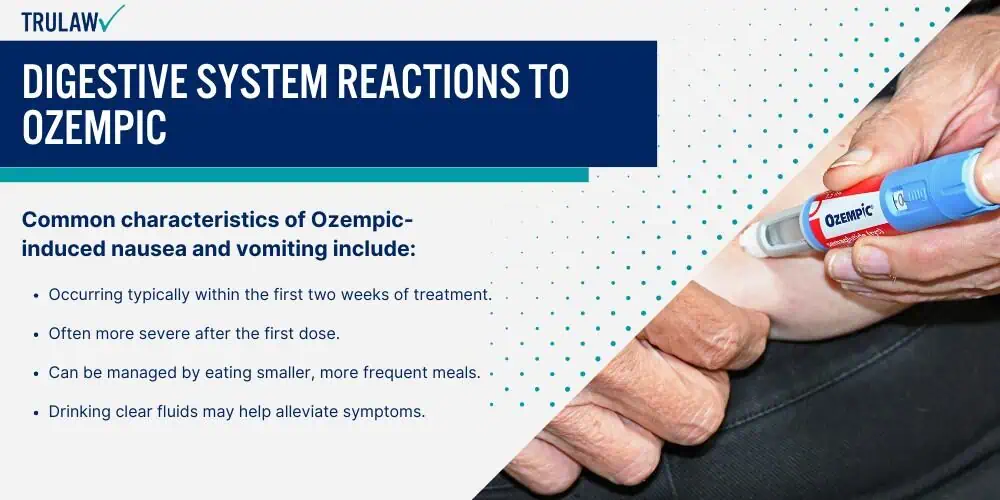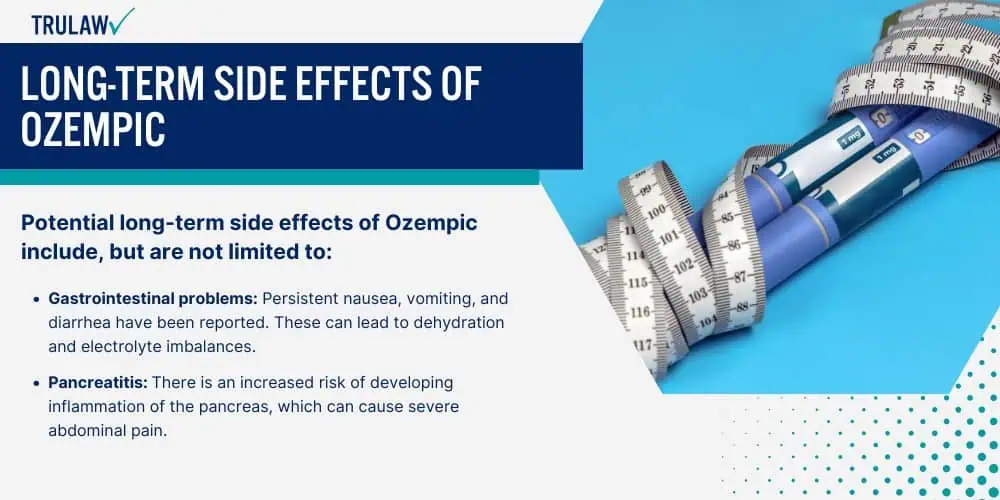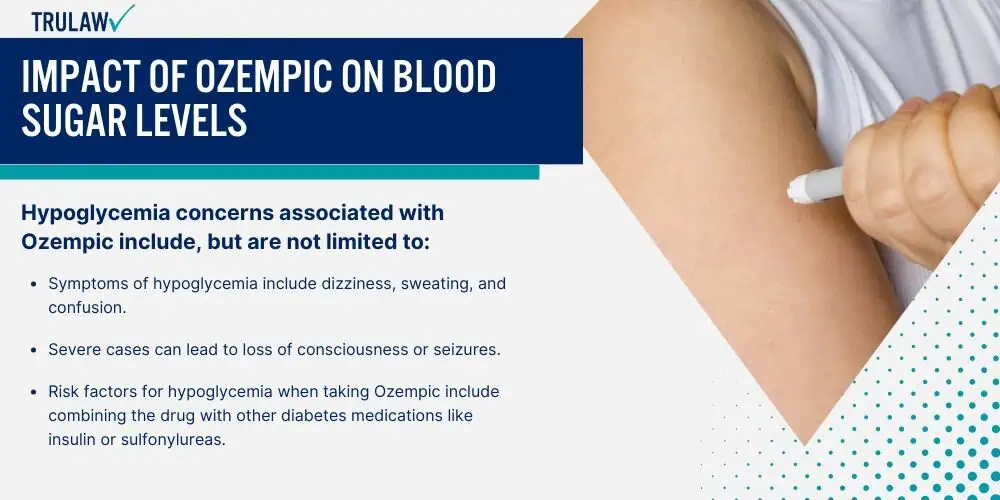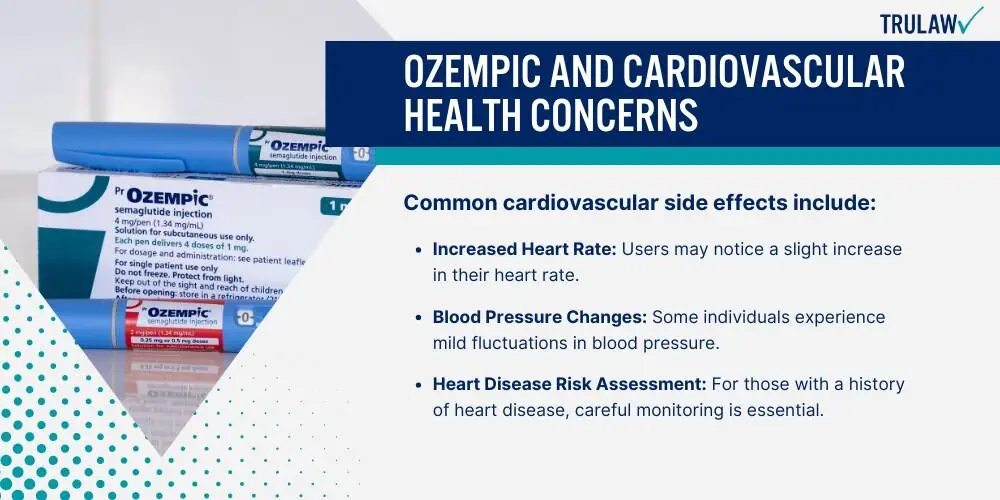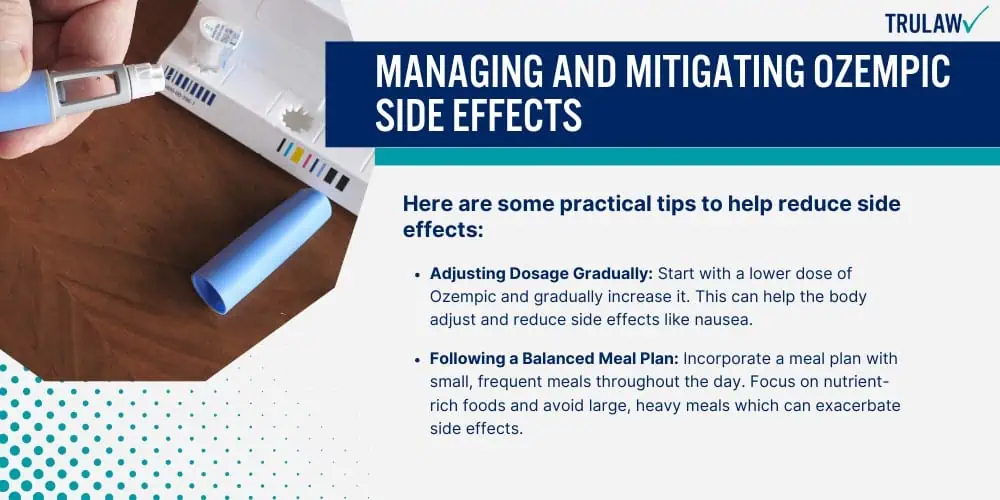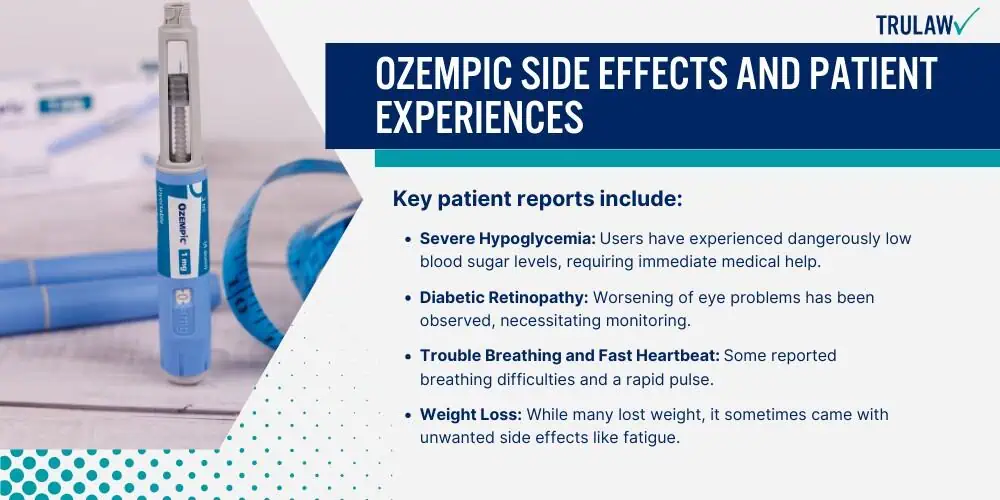Ozempic, known for its efficacy in managing type 2 diabetes and obesity, comes with various side effects, most notably gastrointestinal issues and rare, but serious concerns like pancreatitis and kidney problems.
Understanding these effects is crucial for patients to manage their health effectively.
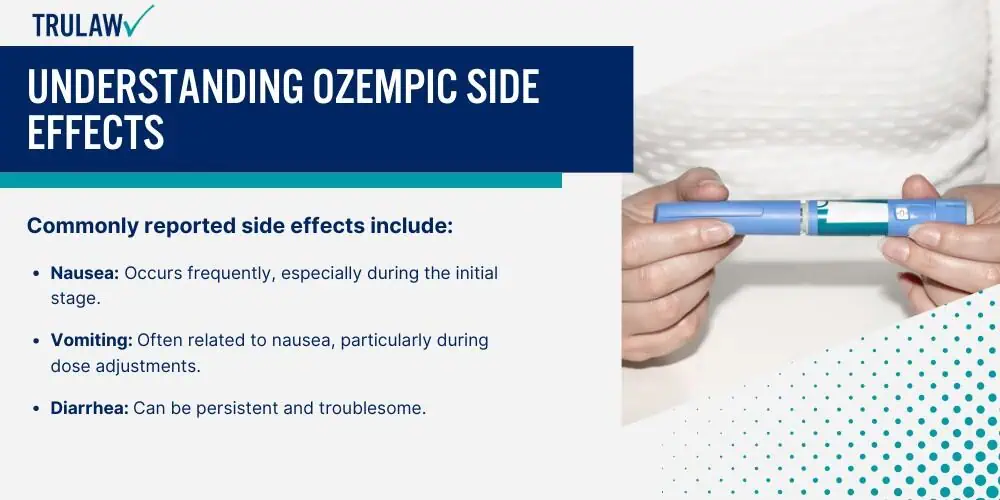
Ozempic, a prescription drug for diabetes and weight loss, has shown effectiveness but comes with several side effects.
These side effects vary from common and mild to rare and serious conditions that may require medical attention.
Common Ozempic Side Effects Explained
Most patients experience mild to moderate side effects from Ozempic.
These often emerge at the start of the treatment and may diminish over time.
Commonly reported side effects include:
- Nausea: Occurs frequently, especially during the initial stage.
- Vomiting: Often related to nausea, particularly during dose adjustments.
- Diarrhea: Can be persistent and troublesome.
- Constipation: Another gastrointestinal symptom.
- Abdominal Pain: Mild to moderate discomfort may be present.
Clinical trials support these findings, showing that these symptoms are prevalent among a significant portion of users.
While these side effects can be bothersome, they are typically not dangerous and often improve as the body adjusts to the medication.
Rare but Serious Ozempic Side Effects
Conversely, some side effects of Ozempic are less common but can be severe.
Immediate medical attention is necessary if any of these side effects occur:
- Pancreatitis: Characterized by severe abdominal pain, this condition requires urgent care.
- Thyroid Tumors: Clinical trials have indicated potential risks, although rare.
- Severe Allergic Reactions: Symptoms may include rash, itching, dizziness, and breathing difficulties.
- Kidney Problems: Reduced kidney function is another rare concern, especially in patients with existing kidney issues.
- Hypoglycemia: When taken in conjunction with other diabetes medications, particularly insulin.
These side effects highlight the importance of discussing one’s medical history with a healthcare provider before starting Ozempic.
Monitoring for symptoms and drug interactions with other medicines is also essential for safe usage.
Understanding these potential risks helps users and healthcare providers make informed decisions regarding the use of Ozempic.

